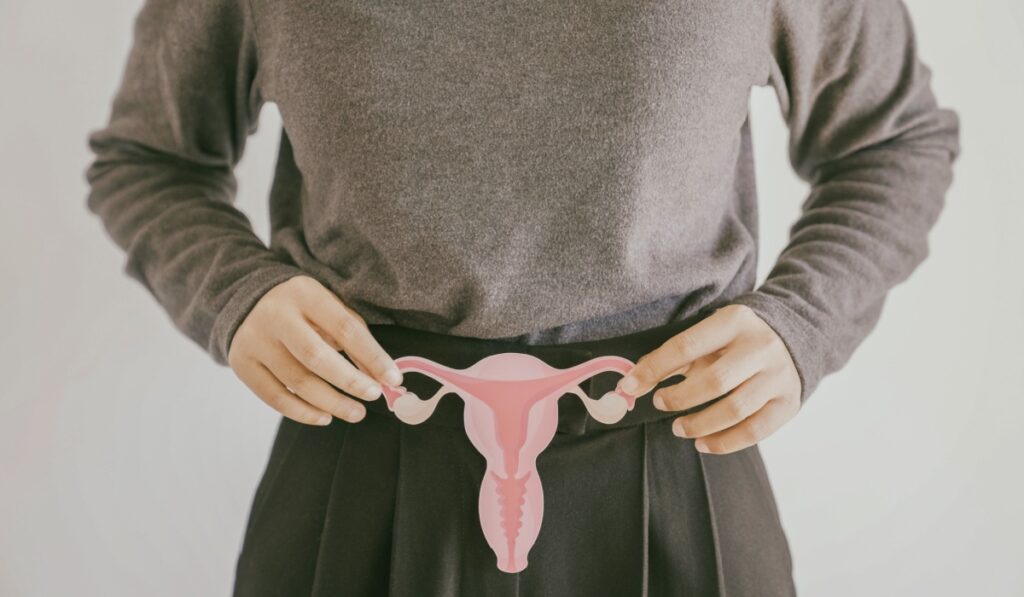
Menarche is occurring at younger ages in the U.S., especially among racial minorities and lower-income groups. This trend has raised concerns, prompting scientists to investigate its underlying causes.
When Are Girls Getting Their First Period: The Study

Girls are starting their periods at younger ages, with cycles taking longer to regulate—raising health concerns.
The Apple Women’s Health Study analyzed data from 71,341 participants (1950–2005), categorizing menarche as very early (before 9), early (before 11), and late (16+). Findings showed fewer girls achieving regular cycles within two years.
Researchers also examined BMI at menarche, revealing potential links to this concerning trend.
Study Findings on Early Menarche
Research shows a steady decline in the age of first menstruation across generations. Girls today not only start their periods earlier but also take longer to establish regular cycles. The rise in early and very early menarche is most notable among those born between 2000-2005, particularly in racially diverse and economically disadvantaged groups.
What’s Causing Earlier Periods?
Key factors include diet, stress, childhood trauma, and environmental toxins. However, the strongest link is with BMI—childhood obesity significantly increases the risk of early puberty. These factors also affect period regularity, pain levels, and even menopause timing, impacting long-term health.
The Risks of Early Menses

Early menstruation isn’t just an inconvenience—it poses serious health risks. Women who start their periods early face a higher chance of developing breast, ovarian, and endometrial cancer, as well as heart disease and stroke. It also affects fertility, increasing the risk of polycystic ovary syndrome (PCOS), which can lead to infertility.
The link to cancer stems from prolonged estrogen exposure. Since estrogen fuels cell growth, an extended exposure period raises the risk of hormone-related cancers. Additionally, body fat contributes to estrogen production, further increasing risk.
What Can Girls and Women Do to Combat This Issue

To mitigate early menarche’s impact, adopting a healthy lifestyle is key. Maintaining a balanced diet, regular exercise, and managing weight may help delay its onset. Reducing stress, prioritizing sleep, and limiting exposure to endocrine-disrupting chemicals can also support menstrual health and lower disease risks.
What Do We Need From the Government and Regulating Bodies?

Women alone shouldn’t bear the burden of tackling early menarche. Governments and regulatory bodies must step up by:
- Promoting healthy lifestyles through nutrition and exercise policies.
- Ensuring affordable, quality healthcare access.
- Regulating endocrine-disrupting chemicals in consumer goods.
- Providing education and support for affected girls and women.
- Funding research on environmental and chemical influences.
- Improving air quality and tightening regulations on chemicals in food, water, clothing, and household products.
Systemic action is crucial to safeguarding women’s health.






